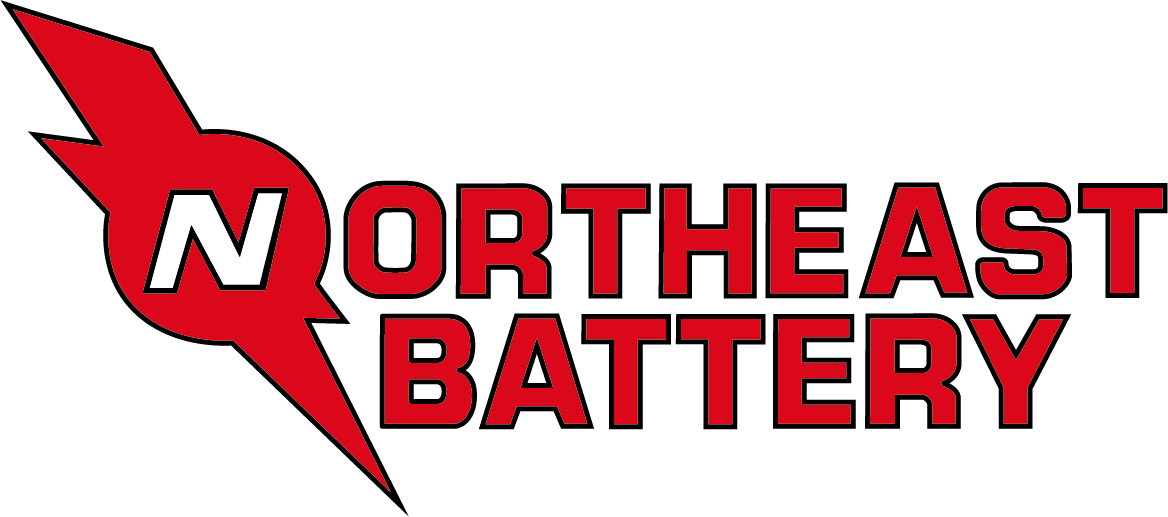Selecting the right marine battery charger for your boat is important. There are several different types of battery chargers that you can get, including portable and onboard battery chargers. You can even get a hybrid inverter and battery charger for your boat. Batteries are made for boats of all sizes and styles, which means you’ll want to keep certain considerations in mind to make sure you get the right one.
What is the Ideal Charge Curve?
The “Ideal Charge Curve” is a general charging schedule followed by most marine battery producers. The concept of the charging schedule is that batteries will last longer and charge more quickly if they are charged in multiple phases. One consideration to keep in mind is that gel-based batteries charge at lower voltages and different rates than AGM and flooded-type batteries.
Consider the Temperature
Another key to choosing the right charger involves considering the battery’s operating temperature. The recommended voltages for marine batteries are largely dependent on surrounding ambient temperatures. Most boats operate in a temperature range between 50°F and 90°F. Batteries that are operated in higher temperatures have lower charging voltages, while batteries that are operated at lower temperatures have higher charging voltages.
Finding the Right Size Charger
Selecting a charger of the right size depends on a few different factors, including:
- The type of batteries that you are working with and their size
- Whether your boat has an intermittent or constant supply of AC power
- How often you use your boat
- Any additional continuous loads
Getting a charger that’s the right size is important to make sure that it supplies the boat with sufficient amounts of power but doesn’t waste energy. Knowing how much AC power your boat gets helps you figure out if it has enough power to operate the charger. The frequency with which you use your boat is also important. A boat that is out on the water daily needs a larger charger than one that is docked for most of the week. Finally, you’ll want to consider any other items on the boat that consume battery power, such as lights and a refrigeration system. If you’re going to be offshore for long periods of time, it’s important to get a battery charger that can recharge your battery in a sufficient amount of time. After charging your batteries, most chargers simply monitor the battery’s remaining charge and provide maintenance charge only as necessary, which reduces power consumption while supplying adequate amounts of power.
Charging Times
Most experts recommend operating a house bank between 50% and 85% of its capacity. The battery should also be recharged once daily every time you use it. Following these recommendations, you should be able to recharge a battery by 35% using the correct charger with a charge time of an hour.



Northeast Battery, a Stored Energy Holdings, Inc. Company